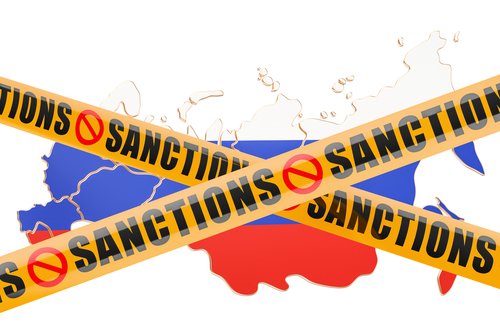Brussels (Brussels Morning) Leaders of Central European and Baltic EU member states have called on the Union to unite behind new economic sanctions against Russia, after accusing Moscow of assaulting Europe on multiple fronts.
“We really are facing a series of attacks. I see them all associated”, said Latvia’s Prime Minister Krisjanis Karins on Thursday. He listed a series of issues, ranging from “weaponisation” of Middle East migrants on the Belarus border with the EU and inflated prices for Russian natural gas, to the continuing disinformation campaign being run by Moscow.
Lithuania’s President Gitanas Nauseda previously warned that the EU is facing what is probably its most dangerous situation in the past 30 years, citing the looming threat of violence in Ukraine and on the eastern flank of NATO.
Nauseda expressed fears that Russia might integrate Belarus into its military systems, in order to use its territory “as a possible platform to attack neighbouring countries.”
According to a draft final EU summit statement seen by Reuters, EU leaders agreed to warn Moscow of “massive consequences” should Russia invade Ukraine, echoing a similar refrain sounded earlier by Washington and London.
US intelligence claims that Russia has amassed more than 100,000 troops near its borders with Ukraine, ready to invade should the order come. Russia, on the other side, insists its troop movements are purely defensive in nature, and stresses itsright to move its troops within its territory as it sees fit.
NATO Secretary-General Jens Stoltenberg noted on Thursday that Moscow did not appear to be decreasing its military buildup at the border. “We see no sign that this buildup is stopping or slowing down”, he declared. “On the contrary, it continues.”
While Poland and the Baltic states called for new coordinated sanctions against Moscow, Germany is believed likely to remain cautious, given its dependence on Russian gas supplies for heating this winter. Appearing at his first EU summit as Chancellor, Olaf Scholz stressed the need to “underscore again that the inviolability of borders is an important basis for peace in Europe.”




